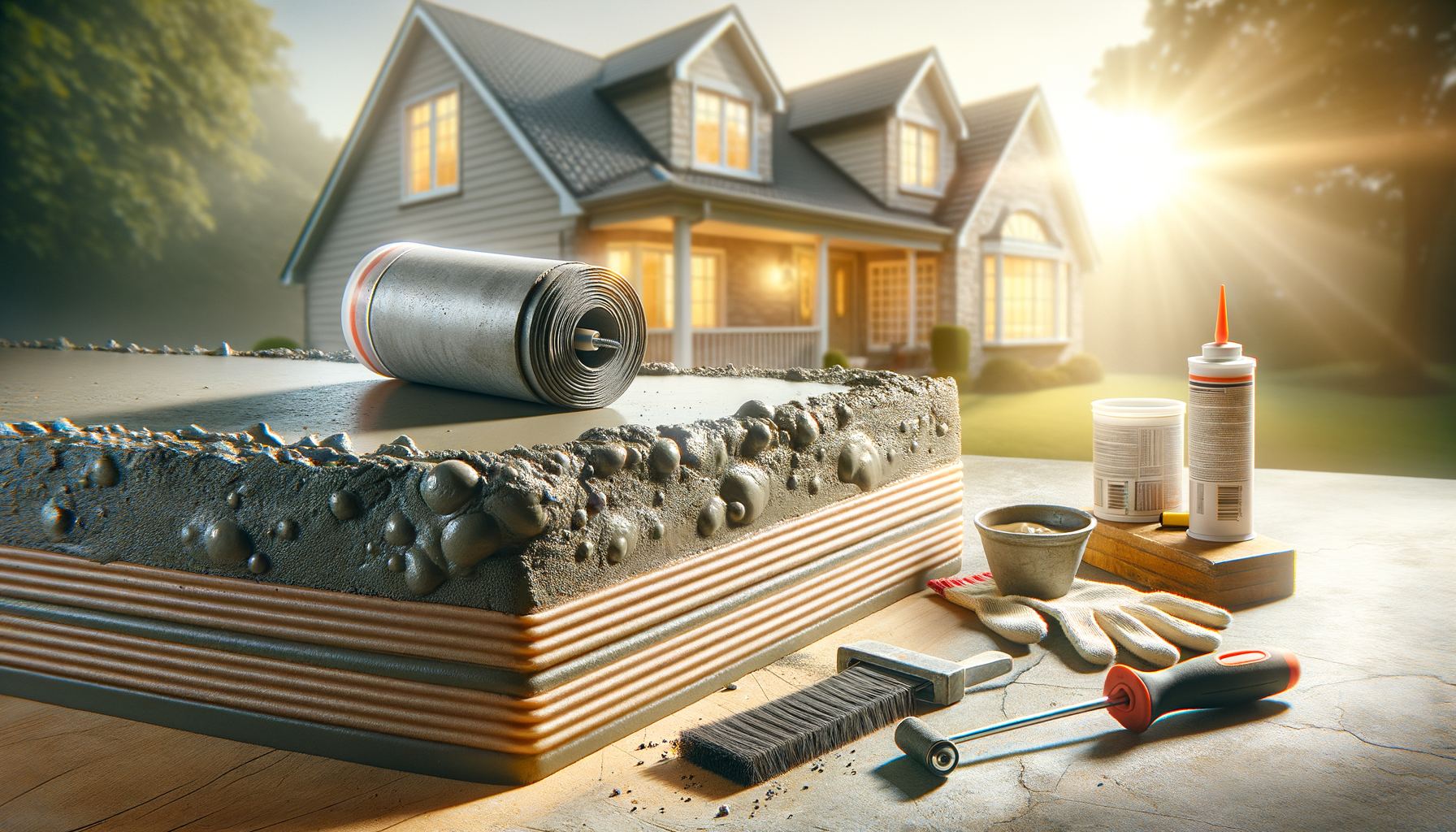Taking care of your home’s foundation is really important. If you know the basics, you can fix small problems before they become big ones. This can save you time, money, and keep your home safe.
What is Concrete and Foundation Repair?
What is Foundation Repair?
Foundation repair means fixing problems with your home’s foundation. A strong foundation keeps your house stable and safe. If there’s something wrong with the foundation, it can affect the whole house and lower its value.
What Causes Foundation Problems?
Soil Conditions
- Expansive Soil: Some soils expand when they get wet and shrink when they dry out. This can move your foundation.
- Poor Drainage: If water pools around your foundation, it can weaken the soil and make it move.
Climate Factors
- Freeze-Thaw Cycles: In cold places, water can freeze and expand in the soil, causing it to move and affect the foundation.
Poor Construction Practices
- If the foundation wasn’t built properly at the start, problems can show up early.
Natural Wear and Tear
- Even the best foundations can have issues over time due to settling and weather.
Signs Your Foundation Needs Repair
Cracks in Walls and Floors
Different cracks mean different things. Small cracks are usually not a big deal, but larger vertical or horizontal cracks might show a bigger problem.
Doors and Windows Misalignment
If doors and windows are hard to open or close, the foundation might be settling or shifting.
Uneven Floors
If your floors slope or sag, it’s a clear sign of foundation problems. You can use a level to check this or see if objects roll on their own.
Water Intrusion and Dampness
If your basement leaks or has damp spots, it might be from cracks in the foundation.
Common Foundation Repair Techniques
Slab Jacking
This involves pumping a mixture under a sunken slab to lift it back up. It’s quick and not very invasive but might not work for all problems.
Piering
Piering means driving steel pipes into the ground to reach stable soil. This helps stabilize uneven foundations.
Wall Anchors
Wall anchors use plates and rods to stabilize and straighten basement walls without lots of digging.
Epoxy and Polyurethane Injections
These injections fill and seal cracks to stop water from getting in. Epoxy is strong, while polyurethane is flexible and good for smaller cracks.
Step-by-Step Guide to DIY Concrete Crack Repair
Materials Needed
- Wire brush
- Chisel
- Vacuum
- Caulk gun
- Epoxy or polyurethane kit
- Gloves and goggles
Preparation
Clean the crack area with a wire brush and vacuum. Choose the right material for the crack size.
Application
- Widen the crack with a chisel.
- Vacuum out the debris.
- Inject epoxy or polyurethane starting from the bottom.
- Smooth it out and let it cure as directed.
When to Call a Professional
Assessing the Situation
If cracks are wider than 1/8 inch or there are signs of major settling, you need a pro. Some repairs are too complex to handle on your own.
Choosing a Reputable Contractor
Look for experienced contractors and check their reviews. Ask about their past work, references, and if they offer warranties.
Cost Expectations
Simple repairs can cost $500 to $1,000, while major fixes might be $10,000 to $20,000. Costs depend on the damage, repair type, and local labor prices.
Preventative Measures to Protect Your Foundation
Proper Drainage Systems
Use gutters and downspouts to direct water away from your foundation. Make sure your yard slopes away from the house.
Soil Maintenance
Keep the soil evenly moist to avoid too much expanding or shrinking. Good landscaping can help keep soil conditions stable.
Regular Inspections
Check your foundation regularly to spot small problems before they get bigger. This can save you from costly repairs.
Resources for Canadian Homeowners
Government Grants and Financial Aid
Look for provincial and federal programs that help with home repairs. Eligibility depends on your income, home age, and repair needs.
Useful Websites and Contacts
Check out the Canadian Home Builders’ Association (CHBA) and Canada Mortgage and Housing Corporation (CMHC) for information. Local repair companies can also be found in directories and review sites.
By knowing what causes foundation problems and how to spot them, Canadian homeowners can keep their homes safe and lasting longer. Regular checks and preventive steps are key to a strong foundation.


Leave a Reply